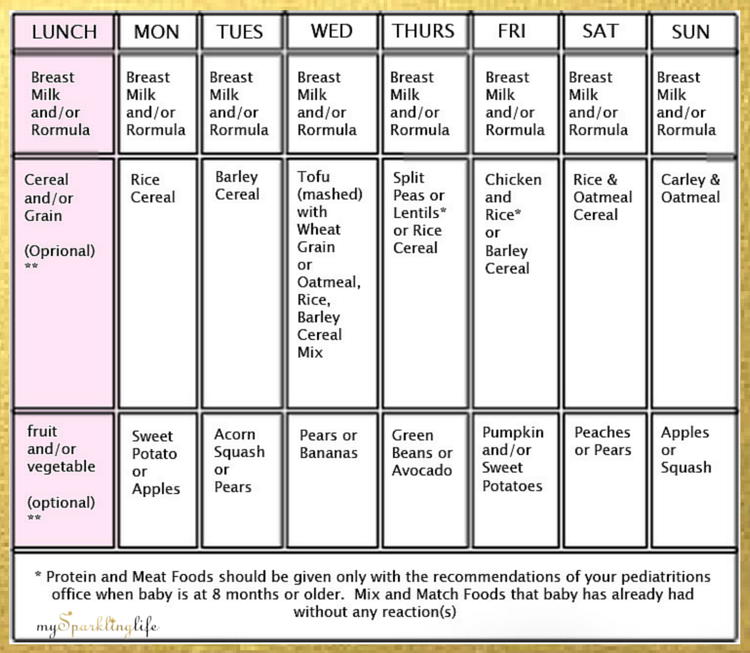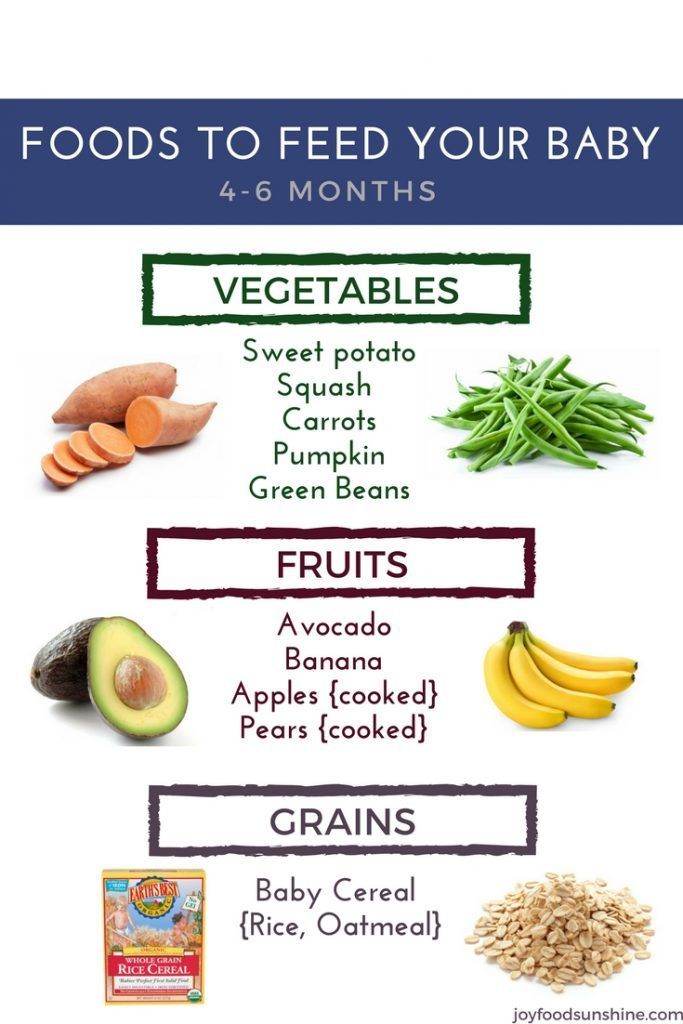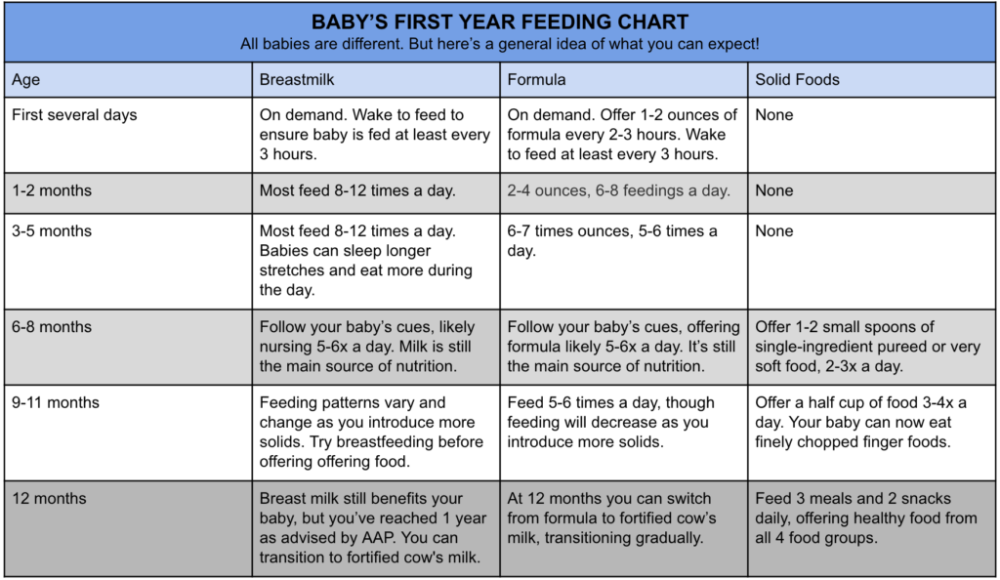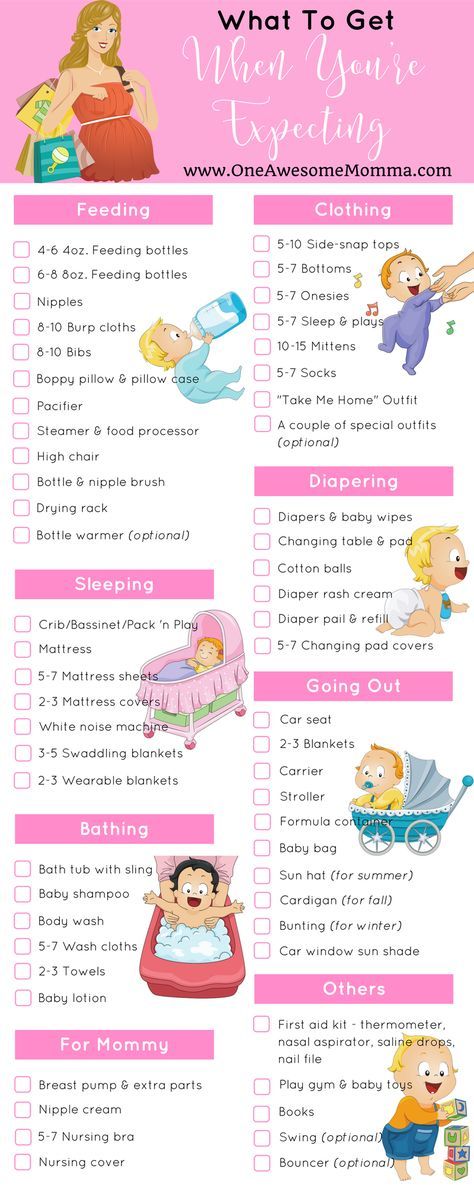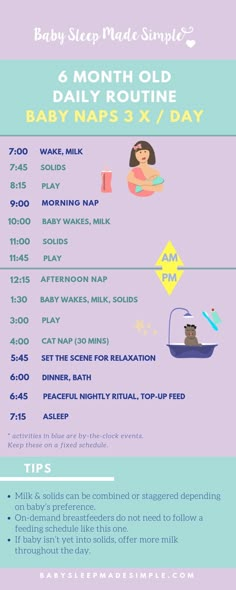Baby keeps waking up at night to feed
Why Is My Baby Waking Up Hungry at Night?
Skip to contentNow reading: Why is my Baby Waking up Hungry at Night? (Or Maybe it's Just a Habit...)
PrevNextYou're able to sleep through the night without eating, so why can't your baby? This is a common question among new parents. We want to be able to fill them up on breast milk or formula through the day so everyone can get some sleep, but unfortunately it doesn't work that way with young babies. So, why do babies wake up hungry at night?
Babies' tummies are tiny and they can only hold so much breastmilk or formula. Because of this, they need to be fed every few hours in young infancy and that causes them to wake up hungry in the middle of the night (often multiple times). A baby who is hungry will rarely go back to sleep until they've been fed.
Here we'll explore why babies wake from hunger during the night as well as other reasons why they might be waking. Sometimes it can be difficult to tell if your baby is waking out of hunger, habit, or simply for comfort.
Why Your Baby Wakes Up Hungry
When your baby is brand new, you expect that they will wake up to feed in the middle of the night. The nurses even tell you that you should wake your baby up to feed them every 3 hours if they don't wake up on their own. Not only that, but everyone warned you ahead of time about the lack of sleep you'd be getting.
But what about older babies? Often parents assume that after a couple of months a baby should be capable of sleeping through the night, but that's actually really rare. Here's why.
Babies are small and so are their tummies. In fact, a one-week-old baby can only hold about 1.5 - 2 ounces of milk in their stomach. Even at one month of age they still can only hold around a maximum of 2.5 ounces of milk (about the size of a large egg).
Yet, according to betterdoctor.com, a one-month-old needs 17-24 ounces of milk. So if you do the math, that means your baby needs to be fed around 9 times per day, give or take. Unfortunately, you can't just squish all 9 feedings into 16 hours so that they can sleep a full 8 hours for the rest of the 24-hour block. It doesn't work that way like it does for adults (since our stomach can hold so much more). Waking to eat 3-4 times per night at the age of 1 month is very common.
So if you do the math, that means your baby needs to be fed around 9 times per day, give or take. Unfortunately, you can't just squish all 9 feedings into 16 hours so that they can sleep a full 8 hours for the rest of the 24-hour block. It doesn't work that way like it does for adults (since our stomach can hold so much more). Waking to eat 3-4 times per night at the age of 1 month is very common.
As your baby gets closer to 2 months of age, they'll be able to take in around 3-4 ounces of milk per feeding, but they'll still need to feed around every 3 hours. Longer stretches between feeds at night may be possible, with night feedings going down to 2 or 3.
As your baby's first year continues, they'll be able to take more milk in at a time as they grow. However, it's important to remember that they are still very small and can't take in near the amount of food at a time that you could. Considering this will hopefully help you understand that your baby waking up in the middle of the night out of hunger is very normal (even sometimes through their first birthday.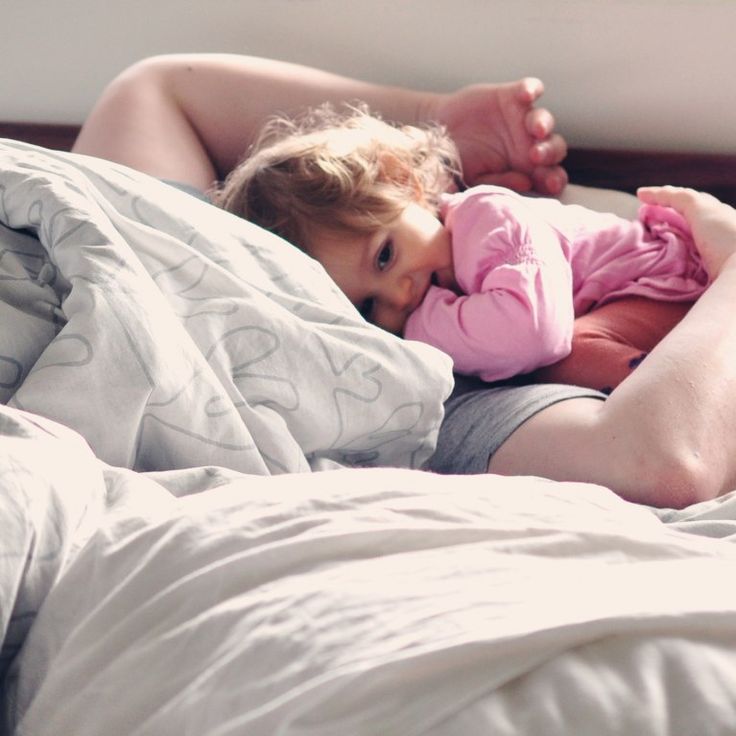 )
)
Though hunger is the number one reason why your baby would wake up in the middle of the night, it isn't the only reason.
Other Reasons Your Baby Might Wake Besides Hunger
It's true that your baby needs to eat in order to get enough calories and get the nutrition they need. When hunger strikes, a message is sent to your baby's brain, and this causes them to cry out for you until this need is met.
But Kelly Mom makes a good point that there is more to the feeding experience for a baby beyond hunger or thirst. Babies also associate this time with being held in your arms, which for them is where they find security and comfort. And of course, you want to be with your baby and cuddle them, but this time in your life is also very exhausting and you want sleep.
So here are some other reasons why your baby might wake beyond hunger:
- They are between sleep cycles. Whereas you and I will wake between cycles and go right back to sleep without even remembering waking, babies have a much harder time going back to sleep independently.
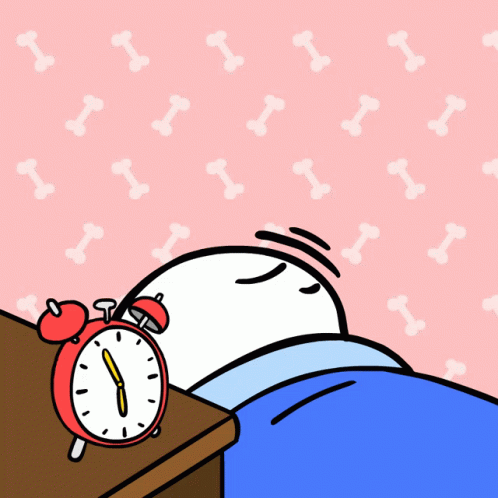 This is especially true if they're hungry.
This is especially true if they're hungry. - They want to be with you. You are your baby's favorite person. So even if they aren't hungry, they may cry out until you come and get them.
- They're teething. Cutting teeth can cause discomfort to a baby's gums which can affect their sleep. When babies are uncomfortable, they cry. And being tucked up close with mom or dad (or nursing) can ease the discomfort.
- They're going through the 4-month sleep regression. In this article, we discuss how the 4-month sleep regression is actually a good thing in that your baby's sleep is maturing. They are essentially going from having two sleep cycles and moving to the 4-5 that they will continue to have into adulthood. This means that they are suddenly waking up more often than usual and having a hard time going back to sleep on their own.
- They're practicing milestones. A baby's brain and body is on overdrive - they're learning so much everyday.
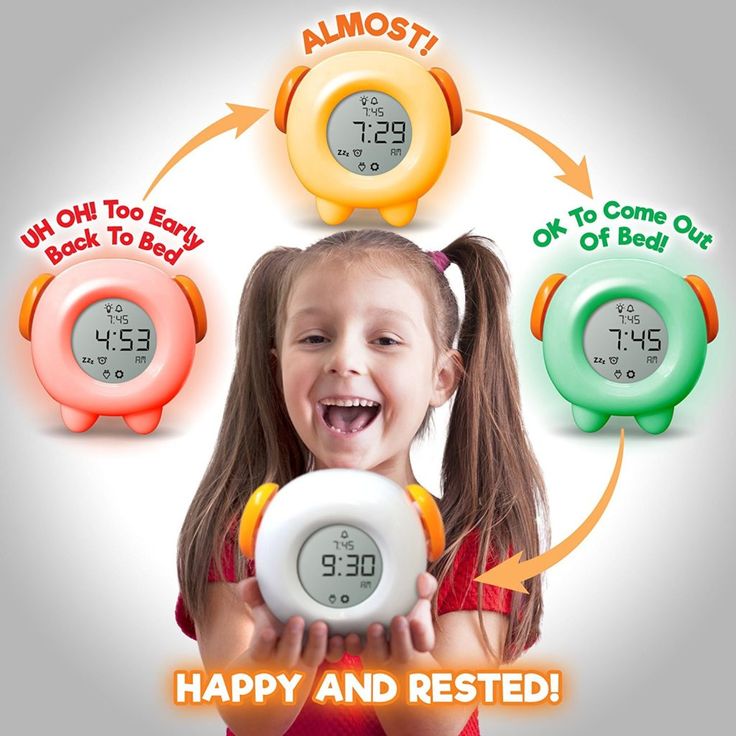 Sometimes this causes your baby to practice her newfound skills in the middle of the night (not ideal!)
Sometimes this causes your baby to practice her newfound skills in the middle of the night (not ideal!) - They're having separation anxiety. Once your baby develops object permanence around 8 months of age, they realize they really miss you! Babies want to be close to their parents and it can be scary being all alone and wondering where you are.
With so many reasons why a baby might wake up, it can be difficult to determine what they need when they can't tell you. Let's talk next about how you can determine if your baby is waking out of hunger or if it's something else.
Signs Your Baby Really IS Hungry at Night
New babies sometimes cry a lot, and it can be hard to know why. But the truth is that most of the time their cries are coming from a place of hunger. Yes, even if you just fed them an hour ago. That's normal!
With such small stomachs, babies can digest their milk very quickly. Early on it will probably feel like you're feeding your baby practically all day long.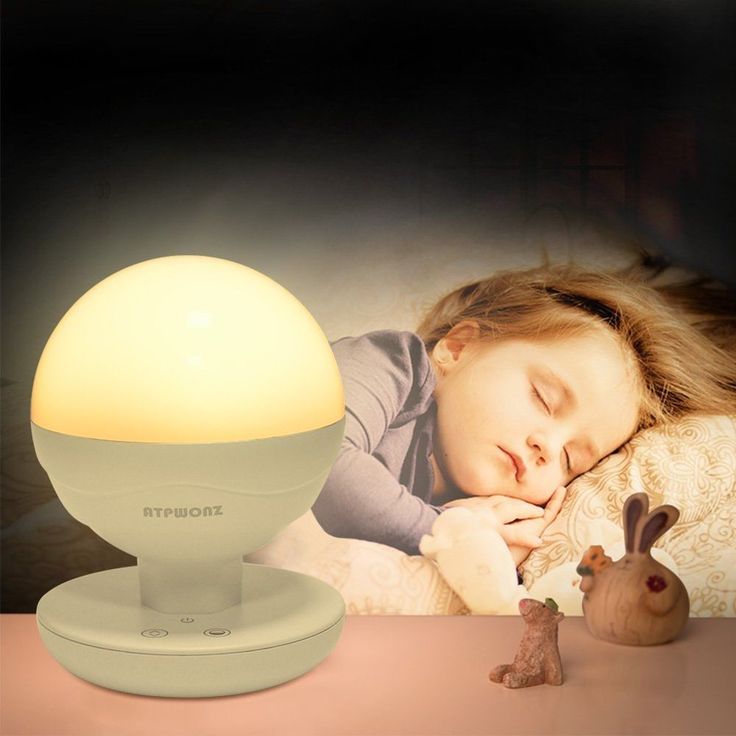 During the first 6 weeks, don't worry about getting your baby on any sort of schedule - just feed them on demand. If they cry, feed them! Chances are this is exactly what they need.
During the first 6 weeks, don't worry about getting your baby on any sort of schedule - just feed them on demand. If they cry, feed them! Chances are this is exactly what they need.
But what about when they get a little older - say around 8 weeks? By then your baby has likely fallen into a feeding routine, and you know how long she can go between feeds. If we consult our article, "Newborn Sleep Patterns and Schedules for the First Year," we see that this is about the time you also want to make nightly bedtime routines a focus as well. Creating a comforting routine that prepares your baby to sleep, such as using a calming music and putting them in a weighted wearable blanket, will really set the stage for your baby to learn how to become an independent sleeper when they wake during the night.
With that said, even the best sleeper won't go back to sleep if they are hungry. And at 2 months of age, waking up to eat is still necessary. Many babies will continue to need to eat in the middle of the night through 9 months of age or longer. So how do you know if your baby is actually hungry?
So how do you know if your baby is actually hungry?
If you answer "yes" to even one of these questions, it's very likely that your baby is waking out of hunger. Go ahead and look them over and then we'll discuss:
1.) Is your baby younger than 9 months old?
2.) Is your baby taking a full feed when you offer breast or bottle during the night?
3.) Does your baby go back down easily and sleep for another solid 3-4 hour stretch before waking again?
4.) Does your baby continue to cry and fuss even after you pick them up and hold them during the night but don't feed them immediately...and maybe even get worse?
5.) Does your baby show the typical hungers signs of lip smacking, turning toward your breast, or sucking on their fists?
First of all, sleeping through the night for babies under age 1 is a lot less common then you would think, and at 9 months or younger especially, it's not realistic to think you wouldn't need to feed your little one at least once. We discuss more about when you can expect your baby to sleep through the night in this article. But what if they're waking more than once? Then we recommend looking closely over the other questions and seeing if you're answering them with a resounding "yes!" If so, your baby is hungry and you need to feed them.
We discuss more about when you can expect your baby to sleep through the night in this article. But what if they're waking more than once? Then we recommend looking closely over the other questions and seeing if you're answering them with a resounding "yes!" If so, your baby is hungry and you need to feed them.
Signs Your Baby Is Waking From Something Besides Hunger
Here's the easiest way to pinpoint a baby waking out of habit. Your baby wakes up and cries and cries until you come and get him or her. Once you get them, you offer your breast or a bottle and they either refuse it or fall asleep mid-feed. You put them down again, and they wake again a short time later. And the cycle repeats. This is the point that parents may find themselves waking up multiple times a night for a baby that isn't truly hungry.
If in doubt, you should ALWAYS feed your baby. But after a few nights, you'll probably be able to determine if it's really hunger that's causing your baby to eat.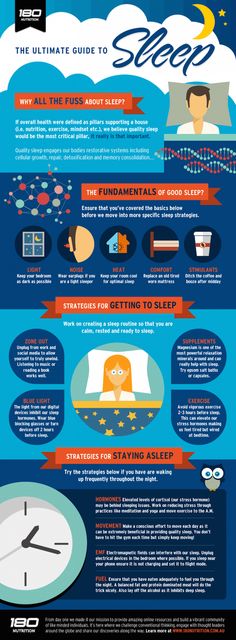
This chart shows the typical amount of feeds a baby might need during the night depending on their age:
2-3 months old: 2 - 4 feedings per night
4-6 months old: 1 - 3 feedings per night
6-9 months old: 0 - 3 feedings per night
9 - 12 months old: 0 -2 feedings per night
If your baby is breastfed, it's likely that your little one will require the number of feedings at the upper end of the range. And note that between 6 and 12 months of age, zero feeds may be typical for some babies, but needing to eat is also just as normal. It's important not to compare your baby to anyone else's, as every baby will require a different amount of feedings at night.
If you answered "yes" to one or several of our questions above, and your baby's number of feeds falls within the normal range from our chart, you can be confident that your baby is waking out of hunger.
However, if your baby is requiring feeds beyond what's listed as typical (not just once or twice, but night after night) it's time to figure out your next best steps.
So should you go to your baby if they aren't hungry?
First off, we want to make it clear that if you don't have a problem going to your baby every time they wake up to hold and snuggle them, then that is completely your prerogative. You will not spoil your baby by holding them too much, and if that's how you and baby function best then you should continue to do what's best for your family.
If you want to go to your baby every time they cry, you certainly can!
However, most parents can only put up with this for so long before they become thoroughly exhausted. And sleep is important for everyone. It's one thing to be waking up hour after hour in those first couple of months (it's par for the course after all), but once you know that your baby is capable of sleeping longer stretches, perhaps close to through the night, most parents are ready to help their baby learn to become an independent sleeper.
So, if you want your baby to start being able to fall asleep on their own, you need to start weaning them off of their nightly visits with you.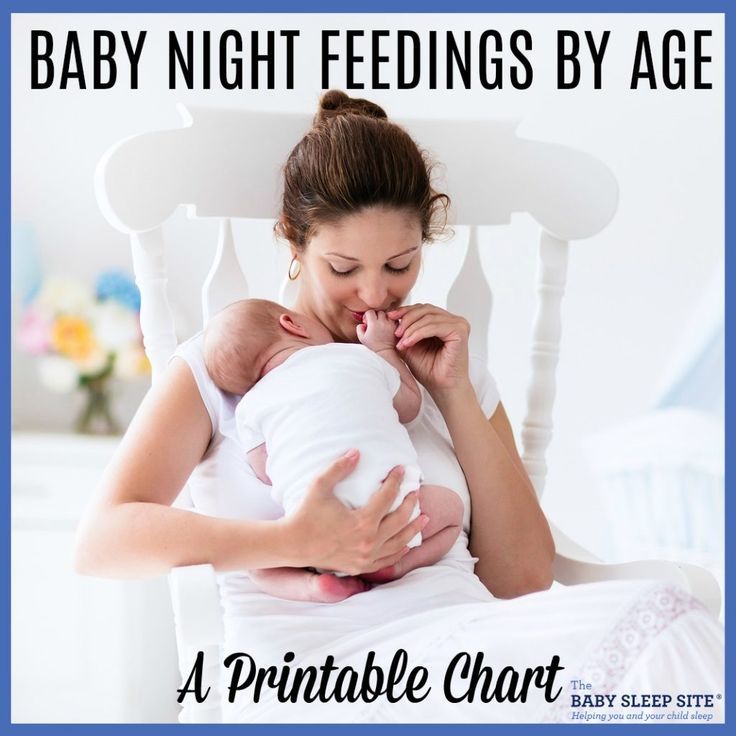 This is done through sleep training, and it can be done through a gentle approach.
This is done through sleep training, and it can be done through a gentle approach.
In our article, "A Helpful Guide for Sleep Training Your Baby," we discuss the best time to begin sleep training, which is the point your baby is capable of sleeping about a 7-8 hour stretch without waking. And by capable, we mean without waking from hunger.
If you follow this suggestion, then the perfect time to sleep train will probably fall in the 4 - 6 month time frame (but perhaps a tad earlier or later depending on the baby).
Why sleep train?
Sleep training will give your baby the tools to help them learn to fall asleep on their own. And this doesn't just mean when you lay them down at bedtime, but also that they can put themselves back to sleep between sleep cycles. The nice thing about having a sleep-trained baby is that you know if they DO wake up, something is probably off. Perhaps they're sick, teething, or need an extra feed or two due to a growth spurt.
If you have a baby who is waking beyond the times that they are just hungry, we recommend you check out sleep training article stat so you can all start getting the sleep you need. Babies who wake up hungry need to be fed; babies who wake up because they want to see you can benefit from learning to become an independent sleeper.
How often should babies feed at night?
Keep in mind that until your baby is around one month, they will likely be waking to eat 3-4 times per night – that means very sleep for you. Again, those first six weeks with your newborn, just feed them when they cry because that’s probably what they need. You, and your baby, will be on a schedule soon enough!
As your baby grows, they’ll still want to eat every 3 hours or so, but likely last for longer stretches between feedings. By the time your baby is around 3 months old, it’s typical that they’ll only need to feed once or twice during the night.
Please see the chart earlier in this article to determine how often your baby should be fed at night.
Should I feed my baby every time they wake up at night?
If your baby is still within the first six weeks of life, yes, feed them every time they wake up, cry, or reach for you! But as they get older, whether or not you feed your baby every time they wake up at night is really a choice for every parent to make. Of course, depending on their age, you’ll want to feed your baby because that’s more than likely the reason they’re crying. As your baby grows and develops, so does their stomach. That means they will be eating more and that should keep them fuller for longer. Every baby is different, but most babies will need to feed in the middle of the night until they’re about 9 months.
How long should night feeds take?
In those first few weeks of life, the feeding routine can feel endless and that’s okay. It’s what your baby needs to grow and thrive. However, after around 6 weeks, most experts agree that night feedings should be around 2 minutes less than daytime feedings.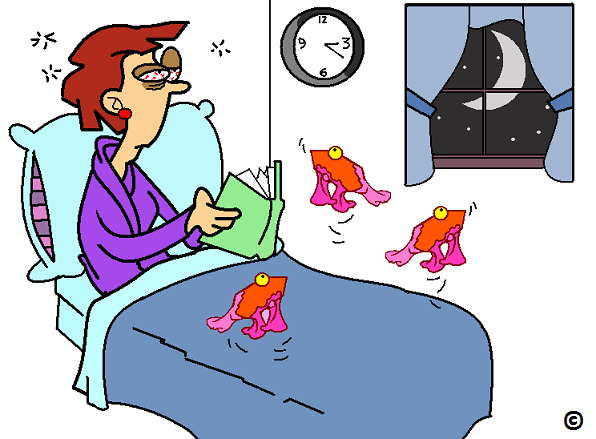 This is meant to slowly… gradually… wean your baby from those nighttime feedings until they’re reduced to 1-2 per night by the time they’re around 5 months old.
This is meant to slowly… gradually… wean your baby from those nighttime feedings until they’re reduced to 1-2 per night by the time they’re around 5 months old.
Should you feed your baby at night even if they aren’t crying?
A lot of parents prefer to “top off” their baby even when they’re sleeping, to ensure that they, the parents, get just a few more hours of precious sleep before baby wakes up crying. If you consider that your baby has likely been put down to bed a few hours before you go to sleep, you’ll want to feed them just a little more so that you get a few extra hours before your baby wakes up hungry again. It’s really a personal choice and as with all things parenting, no one knows your baby better than you do. Trust your gut and do what’s best for you and your baby.
When can a baby go through the night without feeding?
By the time your baby is around 7 months, give or take considering that every baby is different, they should be sleeping for longer stretches. Remember, babies still need to eat in the middle of the night until they’re around 9 months, but that longer stretch between feedings could be as much as 5-6 hours if not longer!
Remember, babies still need to eat in the middle of the night until they’re around 9 months, but that longer stretch between feedings could be as much as 5-6 hours if not longer!
When your baby is around 4 months, that’s an excellent time to introduce sleep training. This is an age where most babies can sleep for up to around 6 hours without needing to eat. They’re also old enough where if they cry at night, it’s usually more about you comforting them, than them being hungry. Of course, if your baby is crying because they’re hungry, feed them, but the idea behind sleep training is that your baby will learn to self-soothe and fall asleep on their own, even when they wake in the middle of the night. This said, some parents feel that if they don’t rush to feed their baby the minute they start crying at night, that their baby learns to self-soothe faster.
Having a structured sleep schedule/routine, with sleep cues in place like the Dreamland Baby weighted sleep sack, your baby will learn when it’s time to sleep, and even sleep better.
How do I know when my baby is ready to sleep through the night?
You’ll know when your baby is ready to sleep through the night because they will in fact, be sleeping longer on their own. One of the ideas behind sleep training is not to rush to feed and possibly even soothe your baby when they cry in the middle of the night.
With a solid sleep routine and schedule in place, your baby will learn how to self-soothe, fall back asleep on their own, and you’ll both be getting those much needed zzz’s with far fewer interruptions.
Baby Napping Close to Bedtime and How to Do It Right
10 Best Shark Tank Baby Products
Causes and expectations by age
The magic phrase “sleeping through the night” definitely casts a spell over us as parents, to the point where parents can start to be concerned if their baby isn’t “sleeping through” by a certain age. The reality is, there are many factors that contribute to your baby’s ability to sleep well at night.
The reality is, there are many factors that contribute to your baby’s ability to sleep well at night.
In this article, we are drawing upon our vast experience and interaction with thousands of babies to share what we consider to be some realistic expectations around your baby’s night sleep, as well as some very common causes of night waking at different ages.
I'm going to add a wee disclaimer here, because articles of this nature are always met with very differing (and sometimes critical) opinions: baby sleep, as a topic, is a real can of worms. People parent in so many different ways and we are not here to judge or force you one way or another. We are here to offer help, from our position of experience, if you'd like help.
If you are happy with your baby's night sleep or don't believe babies can/should sleep through the night, the following article probably isn't for you. However, if you'd like some help with possible reasons for why your baby wakes at night, read on!
In this article:
- Night wakes between 0-3 months of age
- Night wakes between 3-6 months of age
- Night wakes between 6-8 months of age
- Night wakes between 8-12 months of age
- Other common causes of night waking
You CAN have a better night’s sleep!
Whatever your current sleep situation, we've got the tools, the information and the personalised support to help you and your little one reclaim those nights.
Join Now
Night wakes between 0-3 months of age
Feeding
This is a huge period of development in your baby’s life - the biggest, actually, they’ll ever have! The amount of physical and mental growth that happens in these few months is massive, so they do need lots of fuel for all this growing.
At this point your baby will be entirely milk-fed (formula or breast) and milk is digested much quicker than solid food, so your baby will be feeding every few hours in the day and you can certainly still expect night feeds too.
Settling & Sleep Environment
At this age babies aren’t really capable of developing “bad” sleep habits, so don’t stress too much about how you’re getting them to sleep or that they’re feeding in the night. It’s really only when you reach the 4 month sleep regression that you will want to start thinking about your baby's sleep associations.
For any night wakes under 3 months, assume hunger and feed your baby.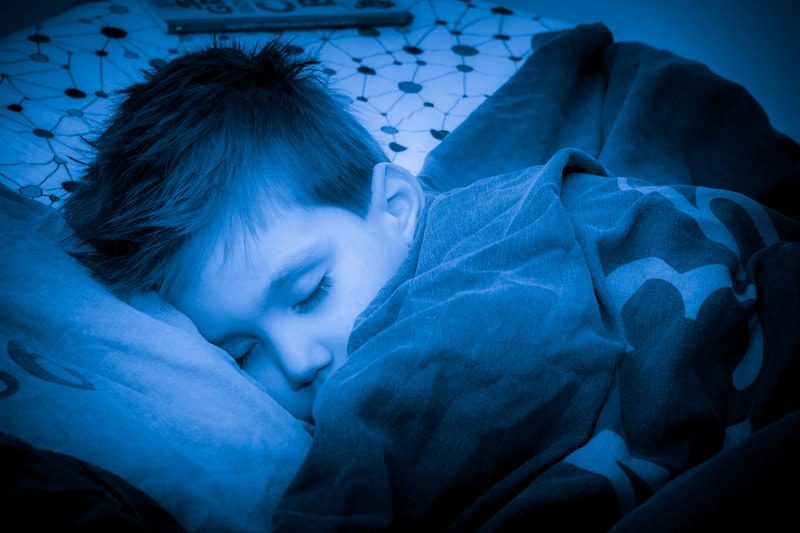 Make sure these feeds are done in the dark, change their nappy only if absolutely necessary and avoid stimulating your baby or they will be very hard to settle back to sleep!
Make sure these feeds are done in the dark, change their nappy only if absolutely necessary and avoid stimulating your baby or they will be very hard to settle back to sleep!
We recommend playing white noise all night long and definitely keep it going during these night feeds. Feed your baby in the room they're sleeping in so there is no sudden temperature change. We also recommend that babies this age are swaddled to suppress their startle reflex. Keeping your baby tightly wrapped for their night feeds will also help them stay in the sleep “zone” and they’ll be easier to settle again.
If you have a windy baby make sure you burp them really well after their feeds or they might wake again shortly afterwards and can be more difficult to settle.
Naps
If your baby is waking a LOT in the night or staying awake for long periods it is often attributed to what is happening in their day and with their naps. They might be having too much or too little day sleep, meaning that they are under or over tired. See THIS article for more information about how your baby's naps can impact their night sleep.
See THIS article for more information about how your baby's naps can impact their night sleep.
Newborn babies can also sometimes have their days and nights around the wrong way, where they happily sleep all day, then stay awake all night! It's not difficult to reverse this day/night confusion simply by having a bit more control over their naps during the day.
If you need a hand with this, we have daily, age-appropriate sleep schedules in our Little Ones App that you can use to guide you. These schedules help to ensure your baby is getting the perfect amount of sleep during the day for their age, so that they can settle and sleep well overnight too.
Night wakes between 3-6 months of age
Feeding
Between 4-6 months your baby may start waking more in the night for milk, genuinely hungry, even if they can self-settle and had previously been sleeping through the night.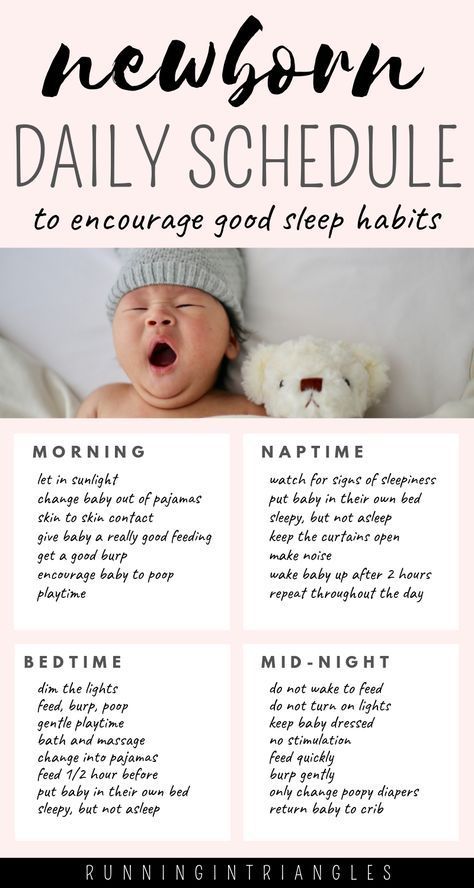 This is often a sign they are getting ready to start solids, as their calorie intake from milk alone isn’t quite getting them through the night anymore.
This is often a sign they are getting ready to start solids, as their calorie intake from milk alone isn’t quite getting them through the night anymore.
Milk is still the most important food for a baby until 8 months of age, however, milk is digested very quickly and doesn't sustain your baby for long periods. So if your baby is breastfed or bottle-fed and you don't want to start solids until 6 months, you will need to assume your baby's overnight wake is due to hunger and feed them straight away.
If you have started solids and your baby is still waking, you may need to increase their solids intake. We would advise you to refer to health guidelines or talk to your GP about starting/increasing solids if you think your baby is ready.
If your baby uses a pacifier and overnight you are resettling them with a pacifier instead of feeding, be careful. A pacifier can mask the fact that your baby is actually waking because they are hungry. When a baby sucks a pacifier, their brain thinks they are getting food so they may go back to sleep, but then wake hungry again shortly afterwards.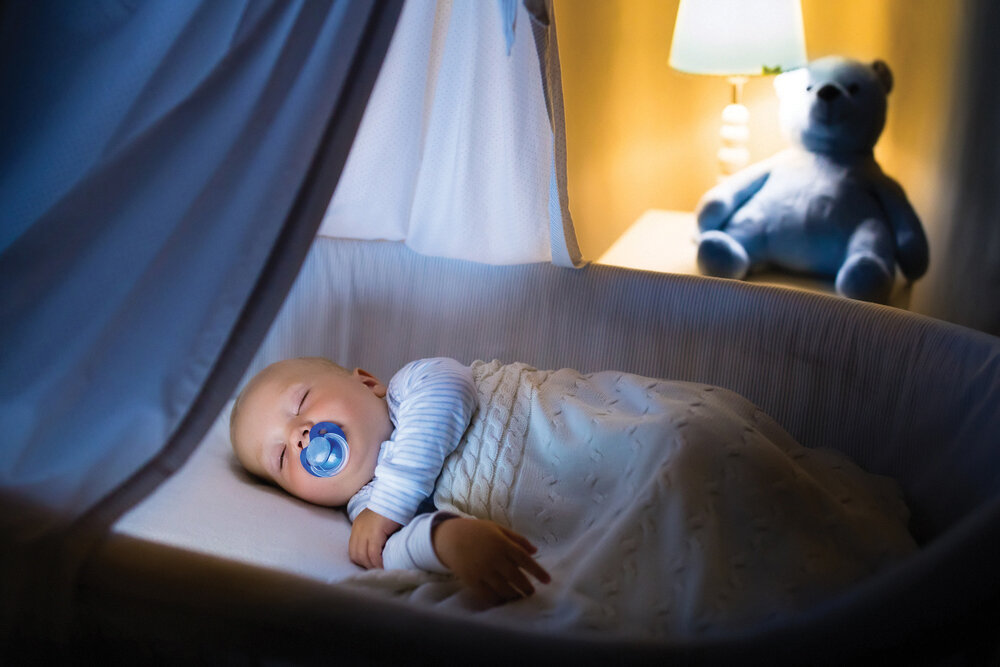
If your baby is waking frequently to have the pacifier replaced, try feeding them at their first wake to see if they are actually waking hungry. If they continue to wake frequently, the pacifier could actually be causing more problems than it solves. You can read more about this HERE.
Settling
At this age sleep gets a bit trickier as babies experience a maturation in their sleep patterns and can start waking fully between sleep cycles (every 45 minutes in the day and every 2 hours overnight). Now, your baby can come to rely heavily on the method used to settle them to sleep (rocking, feeding pacifier etc.), and they will need that same method to go back to sleep between cycles.
This means night waking can definitely be caused by a settling issue rather than hunger. However, this can be hard to work out if your baby is not yet able to go to sleep independently for their naps and at bedtime. Once your baby is able to self-settle to sleep, it's much easier to distinguish between your baby waking out of genuine hunger, versus a need to be fed back to sleep.
If your baby needs some help learning how to self-settle, our Sleep Programs have several gentle methods you can use to guide your baby towards this skill. A lot of babies are capable of sleeping through the night, 7pm-7am, in this age bracket, if all their ducks are in a row!
Night wakes between 6-8 months of age
Feeding
Some babies will still need a milk feed in the night at this age. Babies who started solids after 6 months or who are doing baby-led weaning are generally not getting enough calories from solids (or protein at the lunch meal) yet to help them get through the night.
Naps
Between 6-8 months babies will transition from 3 naps, down to 2 naps a day. Babies who are still having that third late afternoon nap can begin to wake overnight because they are under tired and ready to drop that nap now. Read THIS article to find out more about navigating this nap transition.
Read THIS article to find out more about navigating this nap transition.
Habit wake
Beyond 6 months of age, babies can begin to form habit wakes - these typically happen at the exact same time every night. If you are feeding your baby multiple times a night, yet you think they surely don’t need the milk, they may be waking out of habit rather than hunger.
In som cases, what can end up happening is that a baby takes most of their milk calories during the night and consequently, feeds less during the day. This turns into what we call reverse cycling - when they have their feeding times/quantities the wrong way around! Read THIS article to find out how to switch things back around.
Night wakes between 8-12 months of age
Feeding/Habit wake
Babies this age are far less likely to wake out of genuine hunger if they are well established on solids. By now, your baby should be also drinking small amounts of water during the day to keep them hydrated. From 8 months of age, solids can be offered before milk feeds but you’d still aim to have 3 good milk feeds a day. Waking overnight at this age is more often due to a settling issue or habit wake, rather than actual hunger.
From 8 months of age, solids can be offered before milk feeds but you’d still aim to have 3 good milk feeds a day. Waking overnight at this age is more often due to a settling issue or habit wake, rather than actual hunger.
Naps
As your baby approaches 12 months of age, they will get ready to transition down to one nap a day. This nap transition typically occurs between 12-15 months of age. If your baby is still having quite a long morning nap, this can have a knock-on effect with their second nap of the day and their overnight sleep. Our Sleep Programs can help you to prepare your baby for this transition, by gradually reducing the length of their morning nap as they get older.
Beyond 12 months, if your toddler is still having 2 naps a day, or is napping for longer than 2 hours across the day, it can definitely start causing more night waking because they're simply not tired enough to sleep through the night.
Other common causes of night waking
If you can rule out hunger, here are some other common causes of night waking in babies of all ages:
- They are too hot or cold
- They don’t have white noise playing all night and are being woken by environmental or household noises
- They are sick
- They can’t self-settle (beyond 4 months old)
- They aren’t swaddled (for babies younger than 5 months, who aren't rolling yet)
- Their sleep environment is too stimulating - ie there is a nightlight or a musical toy
- They have a medical condition such as tongue tie, reflux or allergies
- They have had too much or too little day sleep
- Separation anxiety in babies going through big changes or developmental leaps
- During particular periods in their development babies do wake simply to "practise" their new skills (crawling etc).
 This is common at 8 months and 12 months.
This is common at 8 months and 12 months.
So there you have it... the most common reasons why babies wake at night based on our experience working with thousands of families all over the world.
If you're feeling exhausted by your baby's night wakes and would like a helping hand, take a look at our Little Ones App. Our trusted, evidence-based sleep solutions can help you and your baby to have a better night's sleep in no time!
Your Baby's Sleep Journey
Download our guide to what to expect in the first few years of your child's life.
Get your free sleep chart
___________
Bibliography
Coons, S., & Guilleminault, C. (2008). DEVELOPMENT OF CONSOLIDATED SLEEP AND WAKEFUL PERIODS IN RELATION TO THE DAV/NIGHT CYCLE IN INFANCY. Developmental Medicine & Child Neurology, 26(2), 169–176. https://doi.org/10.1111/j.1469-8749.1984.tb04428.x
Dewar, G. (2017, January 2). Newborn sleep patterns: A survival guide. PARENTING SCIENCE. https://parentingscience.com/newborn-sleep/
PARENTING SCIENCE. https://parentingscience.com/newborn-sleep/
Dewar, G. (2018, January 2). Baby sleep patterns: An evidence-based guide. PARENTING SCIENCE. https://parentingscience.com/baby-sleep-patterns/
Dewar, G. (2020, July 17). Baby sleep deprivation: How to tell if your baby isn’t sleeping enough. PARENTING SCIENCE. https://parentingscience.com/baby-sleep-deprivation/
Iwata, S., Fujita, F., Kinoshita, M., Unno, M., Horinouchi, T., Morokuma, S., & Iwata, O. (2017). Dependence of nighttime sleep duration in one-month-old infants on alterations in natural and artificial photoperiod. Scientific Reports, 7(1). https://doi.org/10.1038/srep44749
Why a child eats at night - find out on the website
“Eating after 18 is harmful”, “At night you need to sleep, not eat” ... We are used to the fact that snacking at night is a sign of an eating disorder. However, sometimes even adults find it difficult to endure a break between meals, especially if it lasts more than 8-9 hours.
Newborn babies grow as fast as ever at any other age: in the first year, their weight increases by 3 times, and their height is about half. This is only possible if they receive nutrients regularly. That is why it is completely normal that the child wakes up at night and asks for food. This is not a whim and an unusual feeling of discomfort, this is real hunger!
Why does eating at night cause such anxiety in parents? The fact is that sometimes night feedings stretch out all night, distracting the child and the parents themselves from another important activity - sleep. Sleep deprivation, like lack of nutrition, leads to serious consequences that should not be ignored.
Until what age does a child eat at night?
Despite the simplicity of this issue, the largest pediatricians in the world still cannot agree. Renowned doctor Richard Feber claims that babies older than 3 months no longer need night feedings. The luminary of pediatrics Evgeny Komarovsky pushes this bar up to 6 months, and the famous William Sears believes that feeding at night is necessary for at least one year.
Most practitioners use the following guidelines, which may vary slightly depending on the needs of the child:
- Up to 3 months, feed every 3 hours.
- 3-4 months - 2-3 feedings per night.
- 5-6 months - 1-2 feedings per night.
- 7-9 months - 1 feeding per night, in case of illness or weakness - 2 feedings.
- 10-12 months - feeding only when necessary (stress, illness).
If a child is a year old and still eats at night, this behavior can lead to disruption of the regimen and the formation of a chronic lack of sleep. In addition, night feedings have a negative effect on milk teeth, causing early caries.
The child often eats at night - what to do? 8 steps to restful sleep.
What if your child does not comply with the recommendations and continues to eat frequently at night? We offer you an 8-step strategy that will lead you to stop feeding at night and sleep soundly throughout the night.
- Make sure it's hunger. When the baby wakes up at night, check if he is really hungry or if the anxiety is caused by other factors (too hot or cold, wet diapers, the usual “failure” to fall asleep between sleep phases).
- Don't hurry! Let the process of not eating at night be gradual. Every night, increase the interval between feedings, skipping one every 2-3 days until the desired amount. Some children will take longer to do this than others.
- Please select the correct time. Illness, a move, or another change of scenery is not the right time to refuse food at night.
- Feed enough throughout the day. The abundance of high-quality and tasty food by age, with a high content of protein, vitamins and trace elements will be the key to feeling full throughout the night.
- Add a second dinner 1 hour before bedtime. It should be a nutritious but easily digestible meal, such as sour milk products. Avoid eating sweets and desserts at night, as they provoke excessive excitement.

- Ask for help with bedding. Let another parent, grandmother or even an older child put the baby to bed instead of you. This item is especially important when breastfeeding.
- Be patient. It will take you at least a week to notice the result and, of course, during this period your baby will cry.
- Reassure the baby. Show him that although you do not want to feed him now, your bond is still strong, that you love him and will not give offense. To help you, check out our selection of short lullabies that you can sing right through the night.
When a child wakes up at night to eat, he follows his instincts at first, and after the age of one, his habits. Like any habit, it can be broken in 24 days. That's how much time, on average, it takes to adapt to something new. However, if you have already spent a month in the struggle for quiet nights, and the result is still far from desired, remember point 2 of our strategy. You will succeed too! Your baby just needs a little more time for this.
Child wakes up frequently at night - Child wakes up at night and does not sleep
Continuous sleep throughout the night is a myth. It is important for parents to know why the child often wakes up at night. In both adults and children, sleep consists of cycles, where each is a sequence of light sleep, deep sleep and REM sleep (rapid eyes movement) when we dream. During REM sleep or immediately after it, people wake up very easily, but do not remember this, because normally they immediately fall asleep again.
In young children, these sleep cycles are shorter, and they spend much more time in the active sleep phase, respectively, and they are more likely to be on the verge of full awakening. In addition, babies have a small stomach, they physiologically need to eat more often, and this is especially true for newborns .
So, if a child often wakes up at night, this is, in general, the norm. But if the baby wakes up completely during the night more often than he needs food, and wakes up the parents at the same time, such awakenings may be a symptom of some medical and so-called behavioral problems that should be addressed in order to provide you and the baby with a good rest at night.
Here are the most common reasons why a child does not sleep well at night and often wakes up:
1. Bad habits
, can not calm himself to fall asleep again. Most often, the following objects or actions, with the help of which parents help the child to fall asleep, develop into a bad habit:
- Breastfeeding, or from a bottle
- Swinging in arms, fitness ball, or in a baby swing
- Moving in a car seat, stroller or sling
- A nipple, if the baby's sleep becomes "addicted" to it
The child will wake up more often at night, again at night and again, and call you for help until he learns to calm down and fall asleep on his own, or until you help him learn. Put the baby to bed awake and gradually reduce your participation, giving him the opportunity to develop the skill of self-soothing.
2. Lack of sleep and overwork
Overworked children sleep restlessly and wake up more often at night than those who get enough rest. This is due to an increase in the hormone cortisol in their blood, which the body begins to secrete to maintain vigor if it was not possible to fall asleep on time. Over time lack of sleep can accumulate . To avoid overwork, it is necessary to ensure that the child sleeps a sufficient number of hours a day, and that his periods of wakefulness are not too long for his age.
This is due to an increase in the hormone cortisol in their blood, which the body begins to secrete to maintain vigor if it was not possible to fall asleep on time. Over time lack of sleep can accumulate . To avoid overwork, it is necessary to ensure that the child sleeps a sufficient number of hours a day, and that his periods of wakefulness are not too long for his age.
VIDEO TUTORIALS
Baby Sleep Lessons
0-7 years old
More
3. Circadian rhythms
Already from 3-4 months the baby's body begins to produce certain hormones that help the body fall asleep in the evening and wake up in the morning. These hormones are released at about the same time every day and tell the body the most favorable sleep and wake schedule. For most children under 5 years of age, the best time to go to bed is between 7 p.m..00 to 20.30. Individual deviations are possible, but not more than an hour. Putting your child to sleep in accordance with his biological clock will make him less prone to unreasonable nighttime awakenings.
Putting your child to sleep in accordance with his biological clock will make him less prone to unreasonable nighttime awakenings.
4. Hunger
We have already mentioned the natural nighttime hunger of babies whose tummy is too small to contain enough food to provide the child with 12 hours of uninterrupted sleep. But the baby outgrows the biological need for nighttime feedings by 9-10 months, a maximum of a year, and at the same time may continue to want to eat at night . From breasts and bottles, he eventually moves on to tea sandwiches, at the risk of damaging his teeth. He can really be hungry for one of the following reasons:
- He does not eat enough during the day, and especially at dinner
In this case, the child will properly wake up at night once, as if not reaching the morning. Such a baby should be offered a more nutritious dinner, and you can also arrange an additional snack before he goes to bed: whole grain bread with cheese, a glass of kefir with cookies.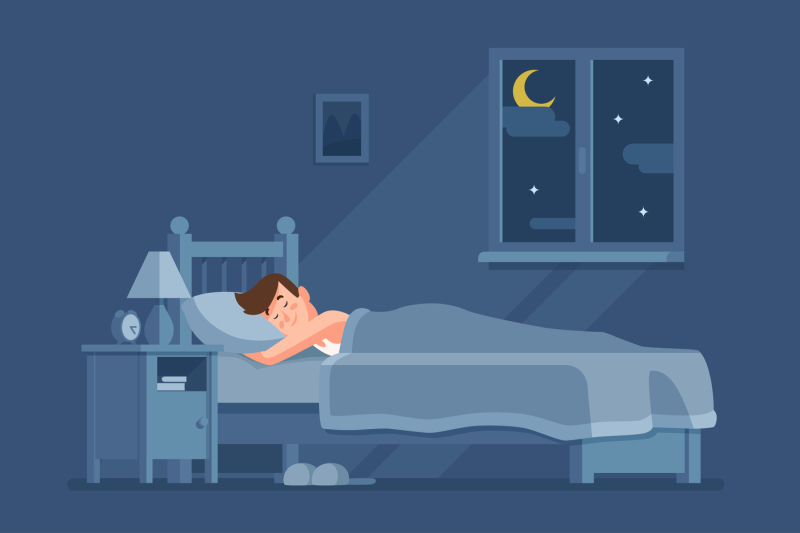 It is important to remember that all of this should be offered BEFORE brushing your teeth.
It is important to remember that all of this should be offered BEFORE brushing your teeth.
- The child is just used to getting calories at night at a certain time
In this case, the child will wake up at night not “why”, but “why” - to eat habitually at 2 am. From such a habit, you can leave "one day", or you can gradually - reducing the time of breastfeeding, or reducing the amount of formula in the bottle. At some point, you can start offering water to the awakened baby. If there is no food, then there will be no need to wake up.
- Eating - like any other bad habit - is a way to calm down and fall asleep again.
This is easy to understand: if the child is over a year old, he has eaten enough during the day, but the child wakes up at night to eat; eats little and falls asleep on the chest or with a bottle; if you change his diaper 2-3 times a night, then you are not dealing with hunger, but with a bad habit.
5.
 Natural developmental milestones (teeth, learning new skills)
Natural developmental milestones (teeth, learning new skills) For some children teething feels like a tickle, for others it is quite painful and can disturb sleep.
In addition, children sleep restlessly and often wake up at night when they learn an important new skill for them - crawling, standing up.
In either case, the problem of nocturnal awakenings will not last long. You can try to help your child by relieving tooth pain with special gels or pain-relieving suppositories, or give your child extra time to practice new skills during the day if he practices flips and kicks in his sleep.
6. Sleep hygiene (light, noise, air temperature)
You may have initially set up ideal sleeping conditions for your baby, but time is running out – the sun began to rise earlier, the heating was turned off, construction began under the window, and the pajamas became too small. If the child began to sleep worse, wakes up at night and cries, arrange a quick check on all counts.
The child will sleep best in darkness and silence. To correct outside light and noise, you can use blackout curtains and white noise reproducing device . Ventilate the room regularly and maintain the temperature at 20-22 degrees. Sleepwear should be comfortable, not too warm and the baby should not freeze either. Additionally, evaluate the place where the child sleeps in terms of safety - it is better to remove extra pillows, toys, blankets and laces from the crib.
7. Medical problems
Unfortunately, not all causes of nighttime awakenings can be corrected on your own, without the help of a doctor.
The child may often wake up at night and cry for the following medical reasons:
- reflux, which is characterized by abdominal pain and nausea,
- apnea and other breathing disorders in which the child sweats and snores asthma) - cough, nasal congestion, itching
- infections and viruses
- other diseases
If you find any signs of the above diseases, be sure to consult a doctor.


